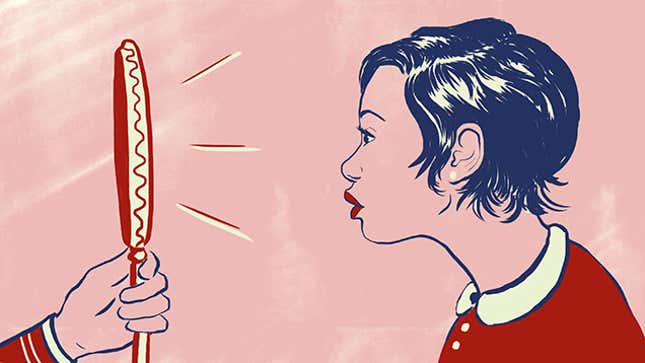Wanna Predict When You'll Die or Who You Should Marry? Ask Your Pals.
Latest

You can only know yourself to a certain point, in that all the introspection in the world can’t compete with your ego always inserting itself into situations and mucking it up. And it turns out that your friends know you better, anyway—so much so that their assessment of your character can predict, more than you can, when you’re going to die.
So says a study in Psychological Science called, appropriately, “Your Friends Know When You’re Going to Die.” Researchers found that your peers can predict your mortality, not because they’re psychic, but because a.) they know you—the real you, and the personality traits you possess (or don’t) that tend to affect longevity, and b.) there really is such a thing as crowd wisdom, if the crowd is comprised of people you know.
Oliver Burkeman at The Guardian writes of the study:
The reasoning behind this goes as follows: we’ve long known that certain personality traits are correlated with a long life. Conscientious people, for example, are likely to eat a healthier diet, exercise more, and avoid stupidly dangerous risks like drunk-driving. And your friends, it turns out, are often better judges of how far you possess those traits than you are. Which, as Nathan Collins explains at Pacific Standard, makes their judgments of your character a better predictor of your lifespan than your own.
That’s partly a matter of numbers: as in all sorts of other contexts, you’re better off asking the views of several people and then averaging the results, rather than relying on just one. (The researchers concluded that this was indeed the main explanation for their results.)
One interesting tidbit: The study itself notes that it was conscientiousness and openness among men that predicted long life, but emotional stability and agreeableness (as rated by friends) that predicted many sunsets for women. And, in both cases, friends were better at predicting these traits than the self-reported assessments of the people themselves.
In other words, your friends as a group know you better than you do. On the surface, I have to say, this seems pretty obvious. But I think we all still believe, to some degree or another, that there is something about us hidden from plain view—a secret self, a more real self perhaps, that no one can truly know or see. That may in fact be a load of shit, and the kinds of elaborate rewrites, omissions and polish jobs we do on the stories we tell ourselves about ourselves, are perhaps just that—nice little fluffers that don’t amount to a hill of beans when it comes to who we really are. So much for thinking you’re holding your cards close to the vest.
-

-

-

-

-

-

-

-

-

-

-

-

-

-

-

-

-

-

-

-

-

-

-

-

-

-

-

-

-

-

-

-

-

-

-

-

-

-

-

-








































